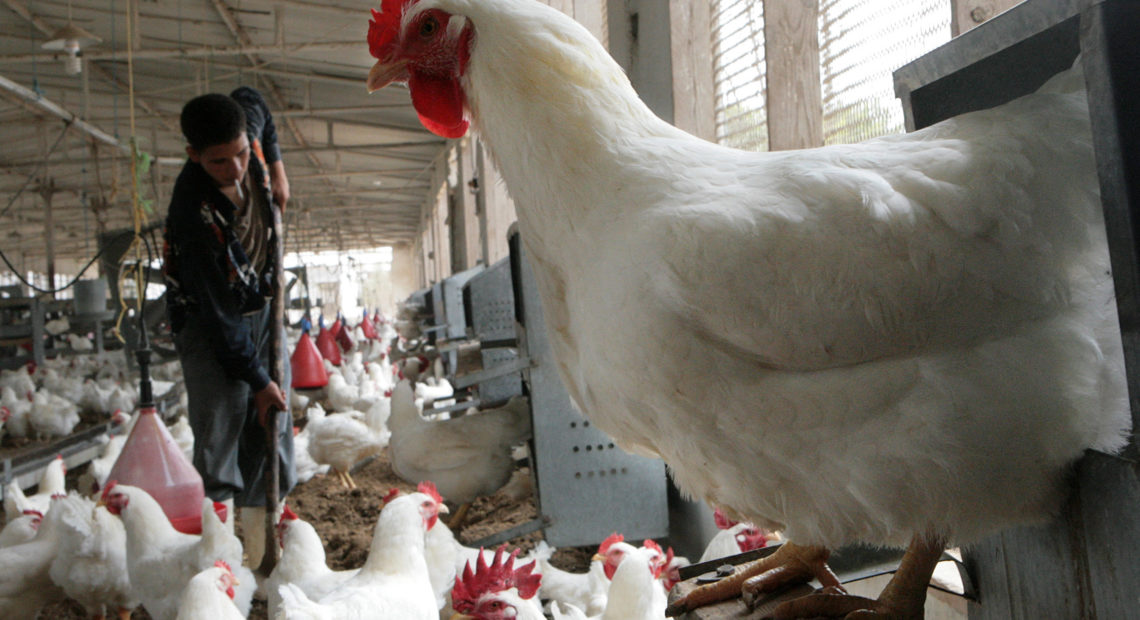RIO DE JANEIRO, BRAZIL – It is too early to know whether Arab countries are consistently buying less chicken from Brazil. What is certain is that there are efforts to ramp up their own production.
The growing effort to import grain from Brazil is the most important indicator. Arab poultry must also be fed.

That is, if Brazil loses share in poultry, it gains through more soybeans and corn exported to the 22 members of the Arab League if you subtract the difference in value-added.
Data from the Arab-Brazilian Chamber of Commerce (CCAB), which certifies all sales to the Middle East and North Africa, show that soybean volume in the first half of the year increased 26.24% to 1,080 thousand tons. Sales increased by 61.1% to US$468.3 million.
From January to June, advance sales of corn exceeded 90% and practically coincided with the volume of soybeans. Brazil’s share was US$220.8 million, up 120%.
“This is a sign that the Arabs are trying to replace imports and build their own functioning food chains, which is why we expect a significant increase in sales to the entire Arab League in the future,” Tamer Mansour, secretary-general of the Arab Chamber, told Moneytimes.
Recently, Saudi Arabia, the main destination for Brazil’s chicken, shut down 11 exporting farms, a move seen as an attempt to force the main Brazilian groups to produce locally in the Kingdom.
External dependence is a concern regarding the balance between spending on imports and food security in countries that are mandatory food importers.
Oil revenues are coming under increasing strain, both because of the volatility and uncertainty of consumption in a world still struggling with the pandemic, albeit less drastic, but more importantly because of the advance of renewable fuels and electrified fleets, which will expose the fragility of the oil market at some point in the future.
In the first six months of the year, chicken sales to the Arab countries rose 7.56%, generating US$1.11 billion in revenue. For the Kingdom of Saudi Arabia, the increase was 12.54% in terms of volume and 29.2% in revenue.
However, Mansur believes that these figures are still below pre-pandemic levels. CCAB expects shipments to drop in the coming months.
ARAB COUNTRIES CREATE POULTRY FARMERS ASSOCIATION
Associations from eleven Arab countries joined to create the Union of Arab Poultry Producers (UAPP). The new entity was announced in a virtual workshop at the German poultry sector show, EuroTier Animal Farm.
The UAPP comprises Saudi Arabia, Bahrain, Algeria, Morocco, Egypt, Jordan, Oman, Kuwait, Sudan, Tunisia, and the United Arab Emirates. Pictured above, an Egyptian poultry farm.
With information from ANBA and Moneytimes

